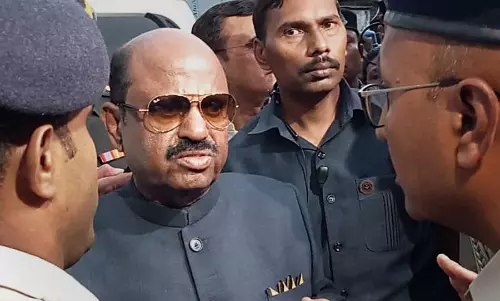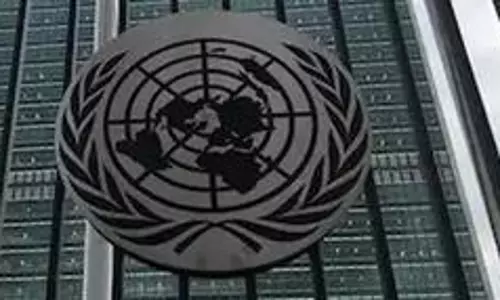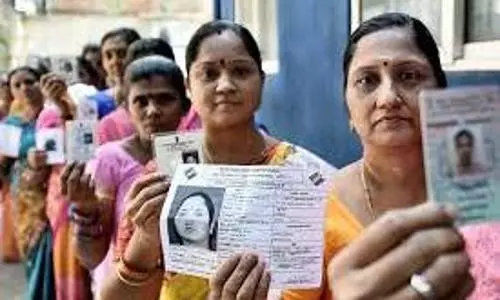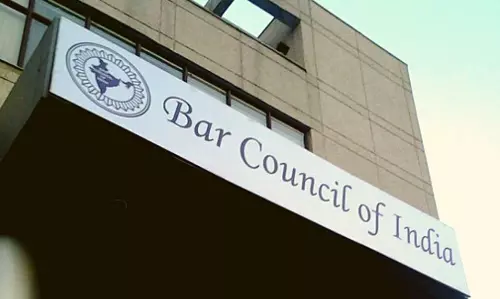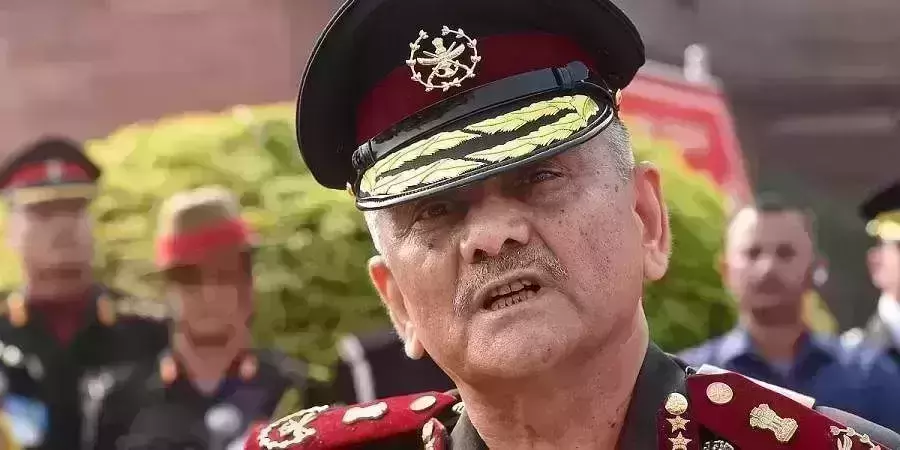
India's record in muzzling the media
text_fieldsThe latest index released by the non-government organization Reporters Without Borders tells a state of the media and mediapersons in India facing unprecedentedly serious threats.
In the global index of press freedom, India's rank has slipped from an already low 138 to 140. And this when the total number of countries ranked in the World Press Fredom Index is 180. When south Asia in general lags behind in the matter of press freedom, the place of India, the world's largest democracy is just above Pakistan's 142. In 2018 alone, six Indian journalists were killed during their work. The report also cites a seventh journalist's death as under mysterious circumstances. The attacks came from police, Maoists, criminal groups or corrupt politicians.
When compared with the English press, it is mediapersons from regional language newspapers that are subjected to more attacks. Reporters Without Borders also have found that in the run-up to the 2019 elections, more widespread assaults were conducted by the ruling BJP's workers. It is also cited that whenever any writing or pronouncements are viewed as rubbing Hindutva on the wrong side, they conduct organized hate campaigns against the journalists invoved through social media. In places like Kashmir, perceived as sensitive by those in power, gathering news has become extremely hazardous. Entry of foreign journalists is banned there, and internet connection is also cut off, the report says.
For those living in India, there is little surprise in such global assessments, simply because we have become acclimatized to that. It is not only that there is nothing to stop the denial of media freedom - that goes against the very spirit of a constitution that fully guarantees civic rights and freedom of expression; but more seriously the realization that it is becoming more intense should disturb any freedom-loving and peace-seeking people. When the country is ruled by a government dominated by extreme Hindutva champions, bearing hallmarks of intolerance and bellicosity, there is little to gain from the letter of the constitution. More concerning is the state of things that the majority of the people are not aware of the threats posed against media freedom by the governments at the centre and states with scant respect for constitutional bodies and the judiciary.
Media does, or has to perform the function of informing the people about happenings and facts truthfully. When attempts fail to bring media and journalists in line through coaxing and cajoling, the next course is threats and coercion. Since the government that sits in power is known to enjoy the unflinching support of the corporate giants who own majority of the press and channels, nothing unsavoury to them is allowed to the light of day, as vouched for by experience. In another illustration of the scary situation faced by the media, India's media is not allowed to probe into the riddles surrounding the Pulwama terrorist attack and the subsequent Balakot military operation. If at all any print or social media entity makes an adventurous attempt to break barriers and to get at the truth and unravel it, there are short cuts to catch them, the main tool being defamation cases.
In the Rafale aircraft deal, when the Hindu newspaper released documents about the unusual interest shown by the Prime Minister's office to conclude the deal, the party that tried to bring its author and reputed journalist N Ram to court, is Reliance company, the main party to the deal. Other publications like 'The Wire' and 'Caravan' also face similar threats. The number of defamation cases filed by Anil Ambani's companies in different courts of Ahmedabad during 2018 alone is 28. In the backgdrop of Kerala government's moves to evict encroachers from government land in Munnar, during the government of VS Achuthanandan, the top-ranking tea company filed defamation suit against Madhyamam for having published the details of encroached plots listed by the legislative house committee. Although the trial court dismissed that petition, the second defamation case filed by the same company is still pending before the court. This is how media activity for the cause of truth and public interest, is becoming increasingly difficult in the country. It is up to the people to decide how long they should stand the forces intent on making the Indian people, one with closed eyes, ears and mouths.




